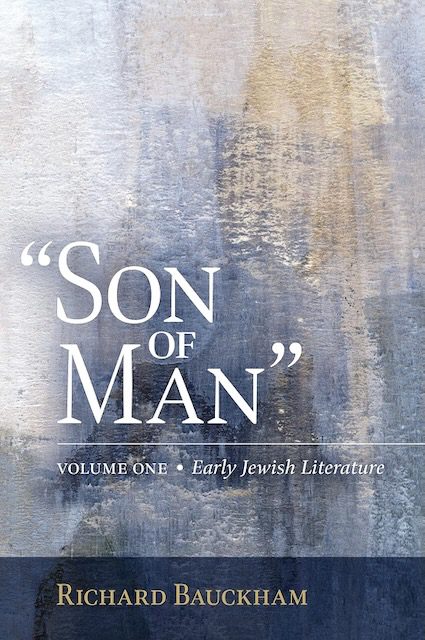Q. Your conclusions on pp. 109-111 argue that the Son of Man figure in the Parables is not a divine figure, nor do the nations worship him but instead merely do obeisance as they might to a king, even though ‘that Son of Man’ figure in the Parables is not portrayed as a kingly figure in the traditional Davidic sense. Someone will ask, why are you working so hard to make that Son of Man figure in the Parables out to be merely a divinely favored human being not a pre-existent divine angelic being of some sort? Is this because Enoch in the Biblical narrative is merely human, and ‘that Son of Man’ is clearly identified in the Parables as Enoch?
But Parables 62.9 strong suggests that the messianic figure is worshipped, though in 63.1ff. more stress is placed on the worship of the Lord of the Spirits. I find the distinction you are making a little odd in light of ANE literature where pagan kings are said to be anointed and empowered by some God, are even in some cases called ‘Son of God’ in coronation odes, and are clearly worshipped even though the king is considered human. In that context obeisance is indeed a form of worship, though perhaps worship in a more minor sense than say the worship of Marduk for instance. Response?
A. I can’t repeat all of my argument, but I show in detail that the Parables distinguishes between the worship of God, which always involves the singing of praises, and obeisance to the authority of God and the messianic figure. Obeisance as such is not an indication of divinity, simply of submission to a social superior. It only became suspect in Jewish eyes when offered to a king who claimed divinity. It was perfectly acceptable in ordinary social relationships. So we should avoid generalizing about “worship.” We need to distinguish the actual activities involved – bowing down to the earth or singing hymns of praise. The distinction is between cultic worship (which happens in the heavenly temple) and political submission. Both should be given to God, but only the latter to the messianic figure. This whole issue is connected with the significance of the divine throne, which was central to my argument about New Testament Christology in The Crucified God and Jesus and the God of Israel. I have been much criticized for seeing the Parables as an “exception that proves the rule.” Closer study has convinced me that it is not an exception.













